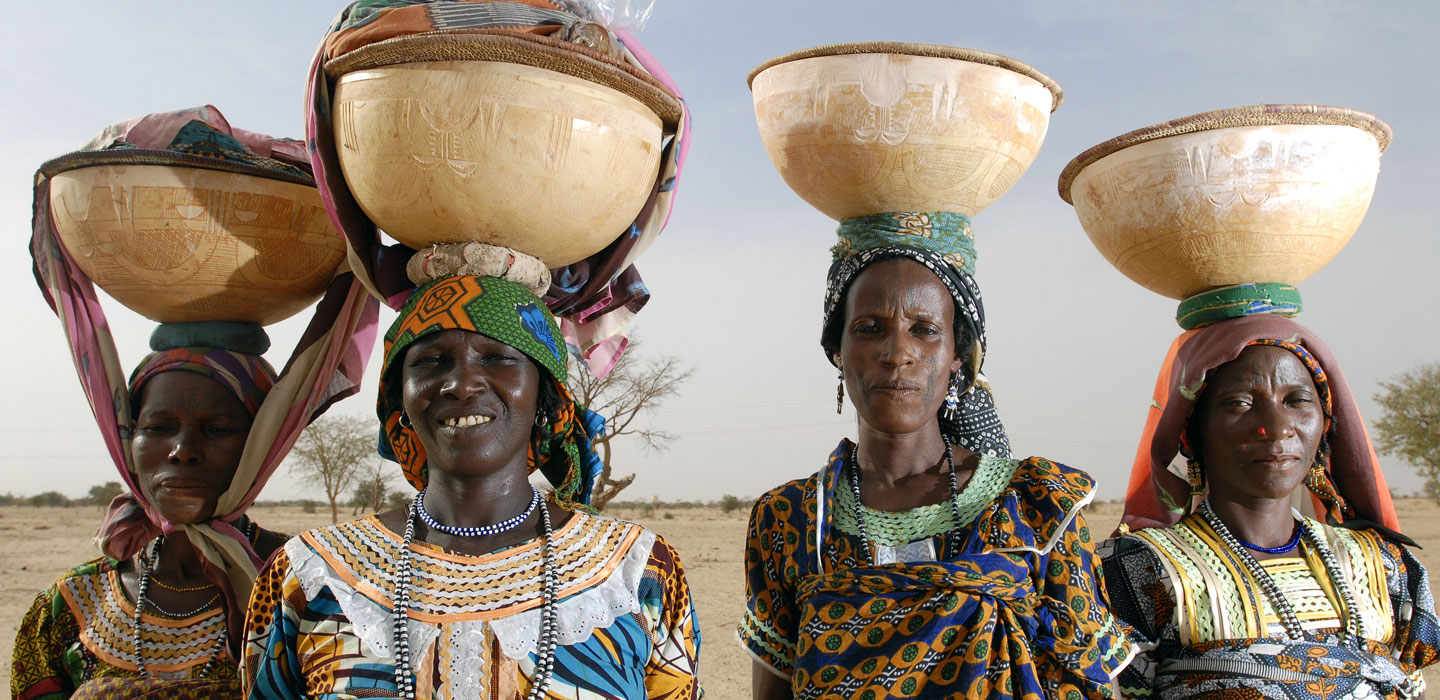Tools and guidelines
الأدوات والإرشادات

الأدوات والإرشادات
عرض القائمة
Search Results Filters
نتائج البحث
Indigenous Peoples Glossary (English, French, Spanish)
أبريل 2018
This publication presents IFAD’s first glossary of terms related to indigenous peoples. It has been developed jointly by specialized staff in the Office of the
Secretary (Language Services) and the Indigenous Peoples Desk in the Policy and Technical Advisory Division. The purpose of the glossary is to ensure
consistency and accuracy of terminology in English, French and Spanish, and standardize the terminology used in relation to indigenous peoples in official
documentation and publications, and in all aspects of meeting preparations. It is intended for use by IFAD staff, indigenous peoples' organizations and other
interested parties. Terms and definitions are accompanied by details of the source document and its date of publication.
Secretary (Language Services) and the Indigenous Peoples Desk in the Policy and Technical Advisory Division. The purpose of the glossary is to ensure
consistency and accuracy of terminology in English, French and Spanish, and standardize the terminology used in relation to indigenous peoples in official
documentation and publications, and in all aspects of meeting preparations. It is intended for use by IFAD staff, indigenous peoples' organizations and other
interested parties. Terms and definitions are accompanied by details of the source document and its date of publication.
Integrated promotion of gender equality and women's empowerment: economic empowerment, decision-making and workloads
أبريل 2018
The causes of gender discrimination pervade different aspects of our lives – social, economic, political, environmental – affecting gender roles and relations in domestic, productive and public domains and from the local to the international level. Time-bound development projects need to
address the cross-cutting and multifaceted nature of gender inequality through multiple entry points.
address the cross-cutting and multifaceted nature of gender inequality through multiple entry points.
Household methodologies
أبريل 2018
Interventions in the agricultural sector to promote gender equality and women’s empowerment (GEWE) mainly focus on strengthening women’s economic opportunities and decision-making capacities as farmers or in groups. However, the same women often remain disempowered within the household.
Toolkit: Supporting smallholder seed systems
مارس 2018
Agriculture begins with seed. Without seed, there can be no crops and no food production. When harvests fail or seed stocks are lost, seed insecurity ensues, which can reduce food security and livelihoods.
How to do: Supporting smallholder seed systems
مارس 2018
This How To Do Note (HTDN) in this toolkit on Supporting Smallholder Seed Systems tackles the complexities of seed systems, setting out a process to support national agricultural policy decision makers, national and international development agencies and IFAD Country Programme Managers (CPMs) in the design and supervision of seed-related projects. The other publications in this toolkit are the Teaser and Lessons Learned.
Lessons learned: Supporting smallholder seed systems
مارس 2018
This publication, Lessons Learned, presents some key lessons from the experiences of IFAD and the United Nations Food and Agriculture Organization (FAO), and other seed-related development projects. These lessons will help the reader of the How To Do Note (HTDN) to have a greater understanding and appreciation of the framework for analysing national seed systems and how to use the HTDN to inform the design and implementation of more effective seed projects.
How to do note: Design of gender transformative smallholder agriculture adaptation programmes
يناير 2018
This How to Do Note (HTDN) is intended to provide guidance on how to design smallholder agriculture adaptation programmes that consider the differential impacts of climate change on women, men and youth smallholder farmers. This includes recognizing that programme interventions – from design to staffing to capacity development of beneficiaries and local organizations – need to consider how gender will affect sustainability and impact. The experiences, social positions and differing access to resources of marginalized populations are fundamental considerations in the design, implementation, and monitoring and evaluation of gender transformative smallholder agriculture adaptation programmes.